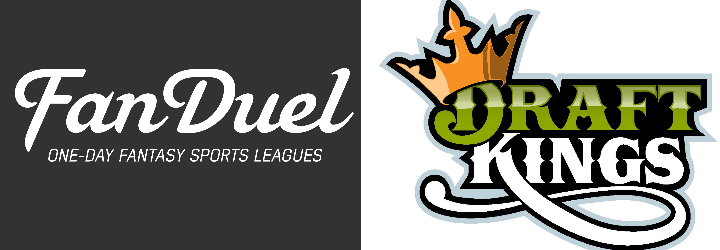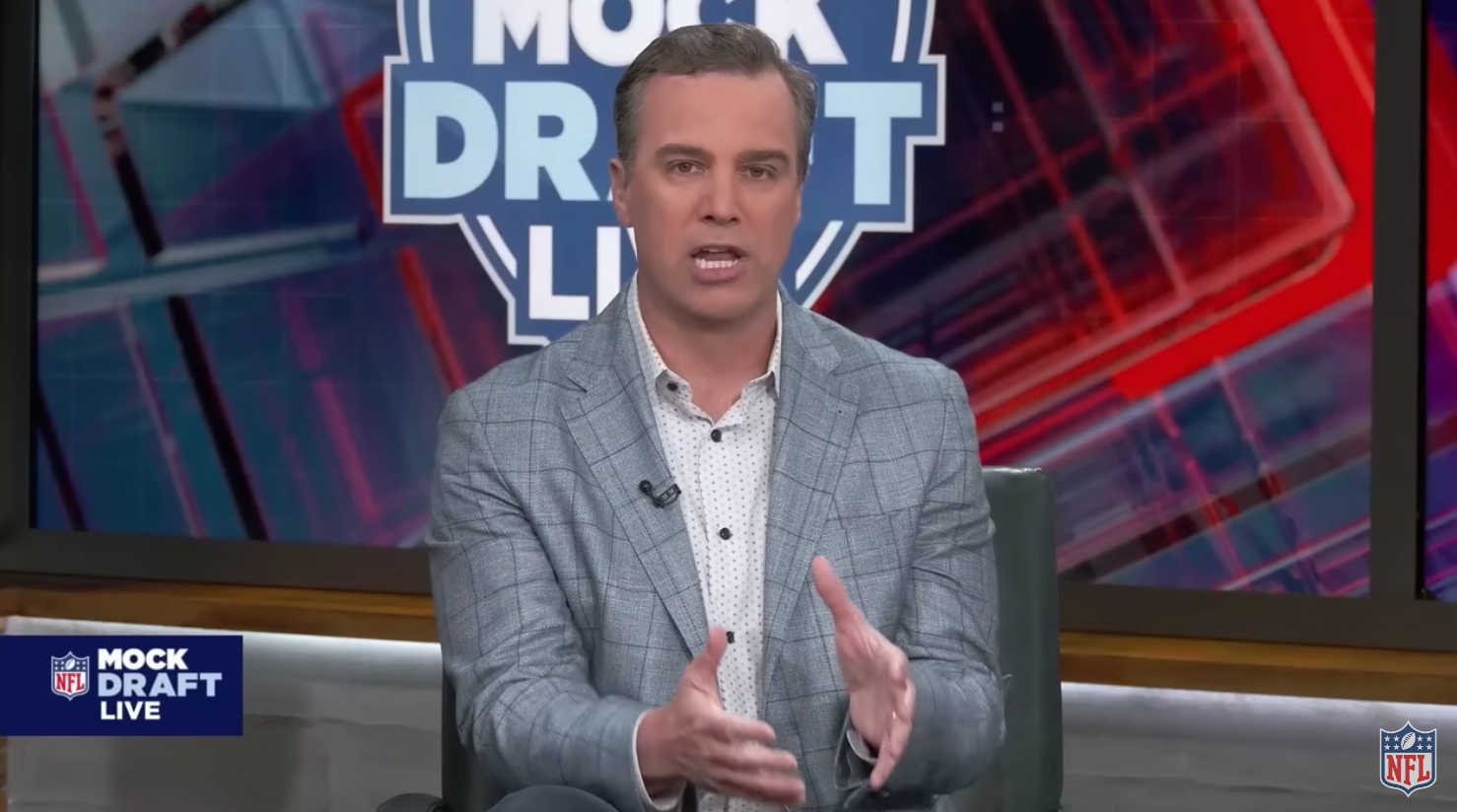The daily fantasy industry was dealt another severe blow on Tuesday. New York state attorney general Eric Schneiderman sent a cease-and-desist order to DraftKings and FanDuel to tell them they could no longer take bets from residents in the Empire State. Schneiderman has ruled that the daily fantasy games are indeed illegal gambling operations according to state law.
The New York ruling comes after the Nevada Gaming Control board offered a similar one saying the daily fantasy sites were in fact gambling.
Via the New York Times:
The New York State attorney general on Tuesday ordered the two biggest daily fantasy sports companies, DraftKings and FanDuel, to stop accepting bets from New York residents, saying their games constituted illegal gambling under state law.
The cease-and-desist order by the attorney general, Eric T. Schneiderman, is a major blow to a multibillion-dollar industry that introduced sports betting to legions of young sports fans and has formed partnerships with many of the nation’s professional sports teams. Given the New York attorney general’s historic role as a consumer-protection advocate, legal experts say the action will most likely reverberate in other states where legislators and investigators are increasingly questioning whether the industry should operate unfettered by regulations that govern legalized gambling.
“It is clear that DraftKings and FanDuel are the leaders of a massive, multibillion-dollar scheme intended to evade the law and fleece sports fans across the country,” Mr. Schneiderman said, adding, “Today we have sent a clear message: not in New York, and not on my watch.”
Maybe you think this isn’t a huge blow to the daily fantasy industry and that DraftKings and FanDuel can still operate in most all of these United States. Well, perhaps, but there’s the small issue of these companies having significant office space in the state with FanDuel even based in New York.
FanDuel recently moved into 40,000 square feet of office space in NYC, DraftKings has a 21,000 square foot office in Manhattan.
— Darren Rovell (@darrenrovell) November 10, 2015
Just what brought on the attention of the New York attorney general? You guessed it – that little public snafu where it turned out a DraftKings employee won almost a half million dollars at FanDuel. We may look back at that moment as when the daily fantasy house of cards began to crumble:
Mr. Schneiderman began investigating the fantasy sites after a DraftKings employee inadvertently released internal betting data and that same week won $350,000 on the rival site, FanDuel, which is based in New York. A representative of DraftKings denied that the employee used the internal data to gain an advantage. Both fantasy companies had allowed employees to bet on rival sites, but no longer do. Mr. Schneiderman asked the two companies for a range of internal data and details on how they prevent fraud.
We could only just be seeing the beginning of the nationwide daily fantasy crackdown. On top of the whole “is it or is it not gambling” discussion that leads to the core legality of daily fantasy, (it very clearly is… and it’s an entirely different discussion if you think daily fantasy and sports betting should all be made legal) there’s the truthfulness of the real chances you have to win money. Newsflash: if you’re reading this, you have a better chance of being signed by Bill Belichick and replacing Tom Brady as New England Patriots starting quarterback than you do winning a fortune playing daily fantasy.
Nevada regulators ruled last month that daily fantasy sports should be considered gambling, not games of skill, and ordered fantasy companies to suspend operations until they secured gaming licenses. A Florida grand jury has subpoenaed records of the fantasy sports trade group, the United States attorney in Manhattan has begun an investigation, and the F.B.I. office in Boston, where DraftKings’ offices are, has begun interviewing fantasy players.
In addition, nearly a dozen states are considering some form of fantasy sports legislation, according to Gambling Compliance, an independent service that monitors gambling legislation.
The attorney general’s office also said that ads on the two sites “seriously mislead New York citizens about their prospects of winning.” State investigators found that to date, “the top 1 percent of DraftKings winners receive the vast majority of the winnings.”
The insane advertising push that the two companies have made, leading DraftKings and FanDuel into the top 10 ad spenders of any American company, turns out to have done a lot more harm than good. Not only did the advertising crush turn public sentiment against the two companies, it also raised the ire of the only people who could potentially shut them down – not the best long-term business strategy, really.
The daily fantasy soap opera is a long way from being finished, though. Let’s not forget that DraftKings and FanDuel have tons of millions invested in them and partnerships that range from networks like ESPN to leagues like the NBA. Will that power and influence be able to overcome the blitz from state governments? Unfortunately for DraftKings and FanDuel, that’s not a question that can be easily answered with a free promo code.








Comments are closed.